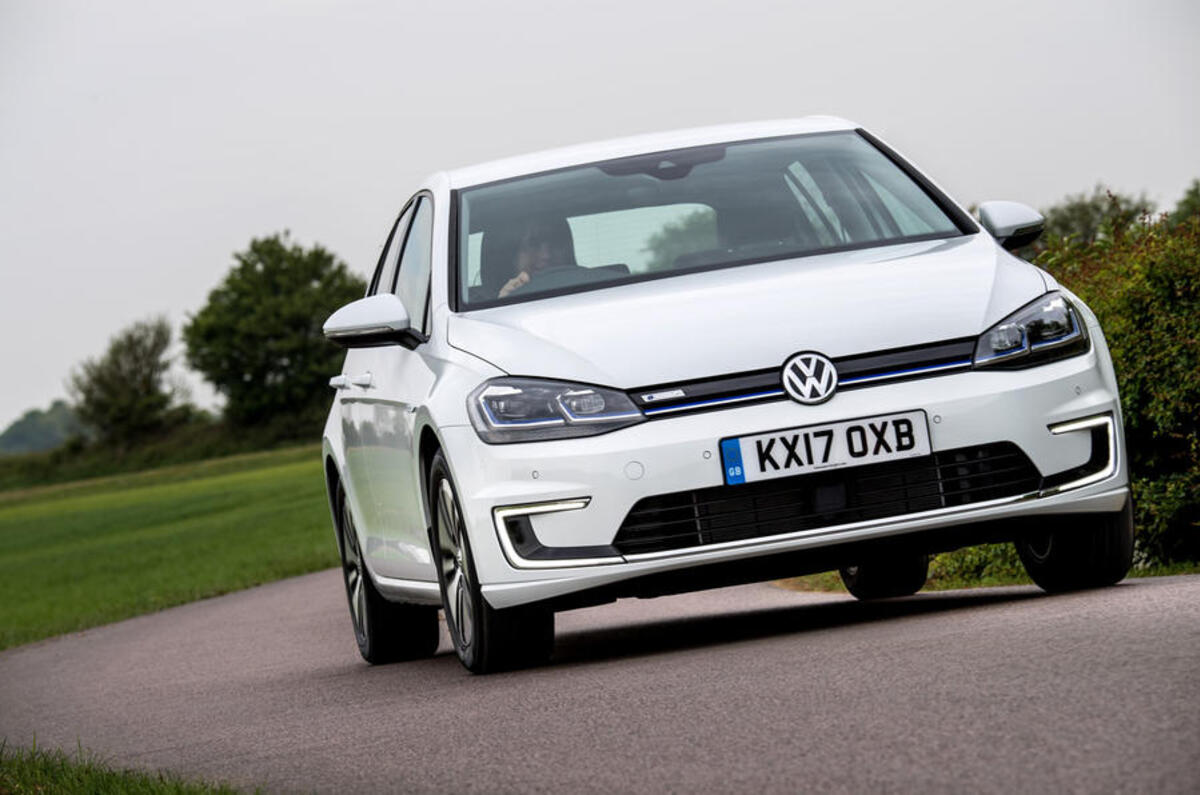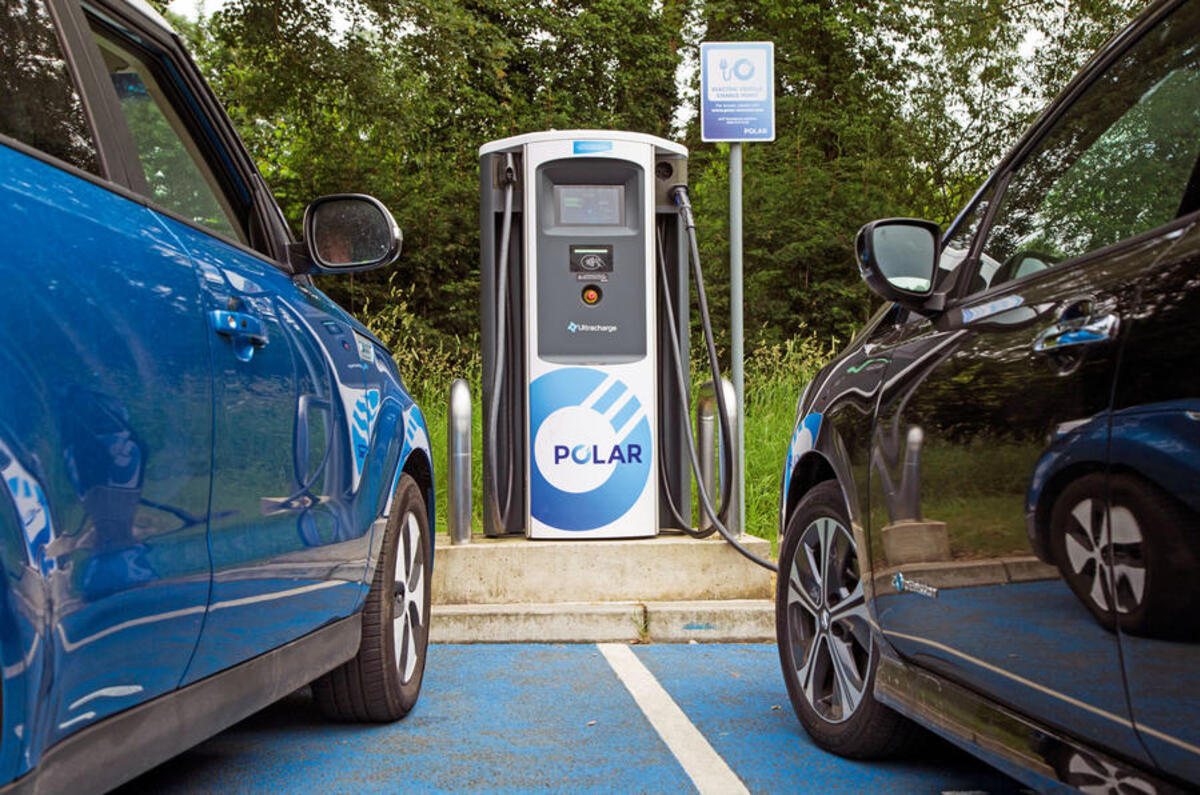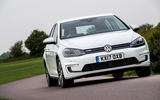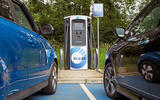A Government proposal to give ultra-low emissions vehicles (ULEVs) green numberplates, which has now gone out to public consultation, is little more than a spot of window dressing. Or bumper dressing, if you want to be pedantic.
When the plans were first outlined last year, then-transport secretary Chris Grayling suggested the plates would serve as a “badge of honour” that could inspire take-up of ULEVs. That seems optimistic; I doubt the prospect of having a special numberplate will make anyone more inclined to go and buy an electric car. And I'm not sure a coloured number plate really is that "exciting", as current transport secretary Grant Shapps suggests.
What will inspire take-up of ULEVs are things like lower costs, tax incentives and the continued development of charging infrastructure, all of which are a lot harder to resolve (and more expensive to sort) than designing a new numberplate.
But while the Government might be better focused on those areas, the idea of green plates isn't without merit.
The ability to differentiate ULEVs from combustion-engined cars could aid in the easy enforcement of low-emissions zones, EV-only parking bays and so on. Combustion-engined cars parked in EV charging bays are a fairly regular sight and, if you’re trying to charge your electric car, can be hugely frustrating. As with disabled blue badges, green numberplates would make it much easier to spot cars that should be able to park in such bays and might dissuade drivers of petrol and diesel cars from trying to park there.
Most of all, green plates would be a cheap way to showcase the wide range of ULEVs that are on the streets of Britain right now. There are people who think electric cars begin and end with Tesla, others who believe the only hybrid vehicle is the Toyota Prius (being used as a private hire vehicle, of course) and more still who don’t understand what hydrogen fuel cell cars even are. Not everyone will be able to tell a Volkswagen e-Golf, Hyundai Kona Electric or a Peugeot e-208 from the combustion-engined versions.
And, rightly or wrongly, there are people who believe the established car firms are still only peddling ‘dirty’ diesels. The truth, of course, is different: there’s an ever-growing range of ULEV cars available to buy in the UK, and green plates could be a useful way of showcasing that.
Not a badge of honour, then, but potentially a sign of progress.
Read more
Low-emission cars could be given green number plates
Poor EV charging infrastructure threatens 2040 combusion ban
100 new EV charging points switched on in London











Join the debate
Add your comment
What a load of santimonious, (now called virtue signalling) crap
How typical of Failing Grayling! The man who couldn't recognise a ferry company that had no ships and had never run a ferry service, but still awarded them a £13.8 million contract!
On a practical note, will
On a practical note, will these green plates make it easier or more difficult to read a number plate that, for example, is driving away from the scene of a crime? What if the person is colour blind?
Perhaps a logo on the number plate might work as a better identifier - Maybe add a letter in the middle ie LA72 E ABC - E for electric - P for prat in a Petrol - D for demonic diesel - H for humble hybrid - F for fantasy Hydrogen etc etc
Why not make it law that all
Why not make it law that all electric cars be painted green, diesel cars must be black, and petrol should be, oh, I don't know, mustard. That way they will all be easily identifiable!